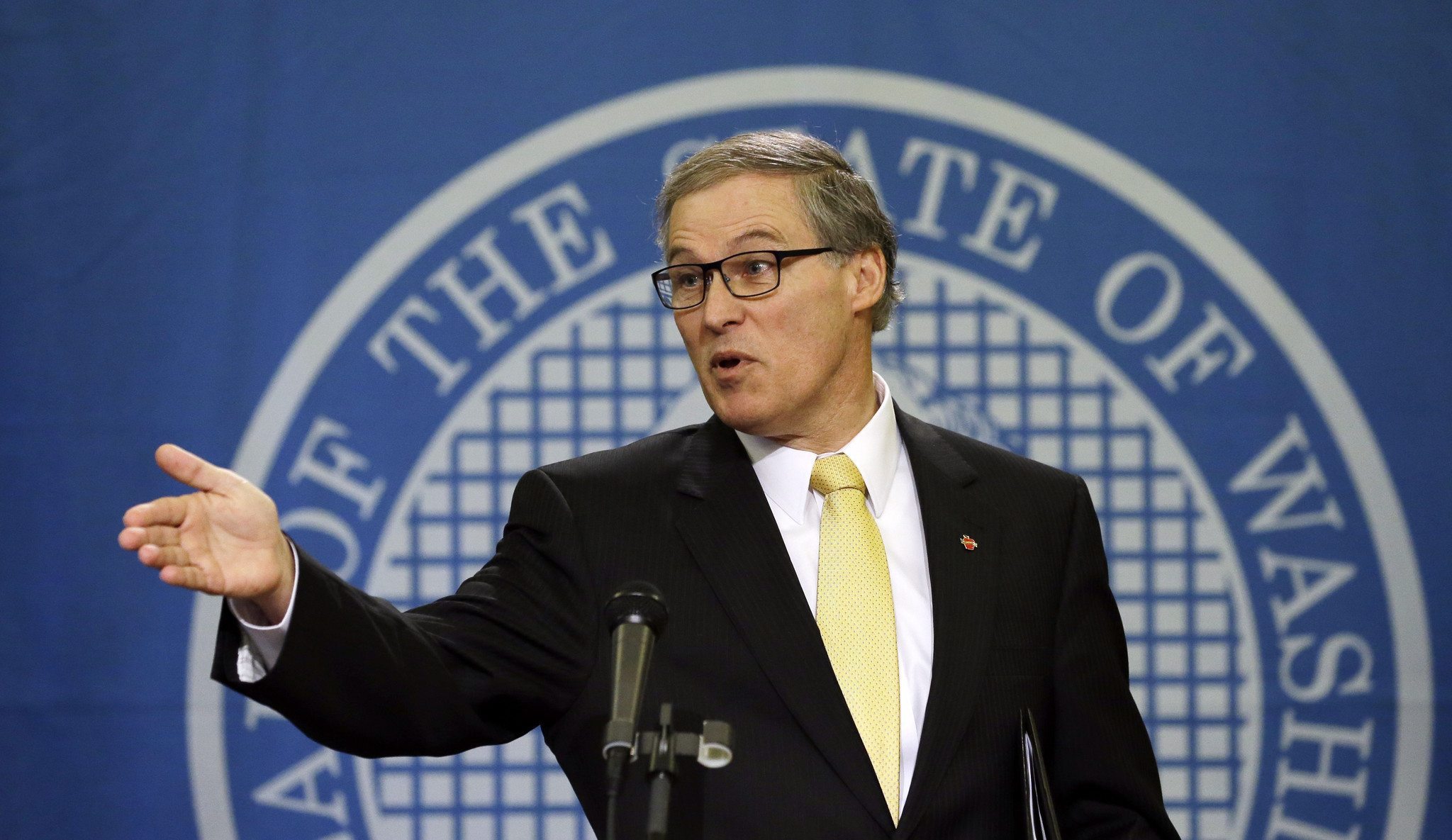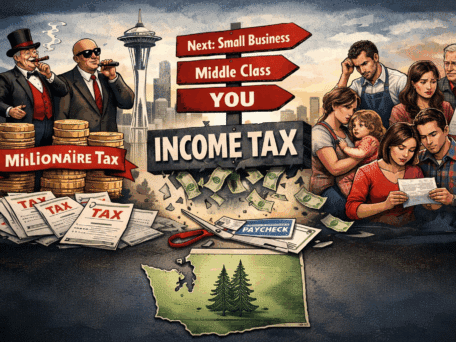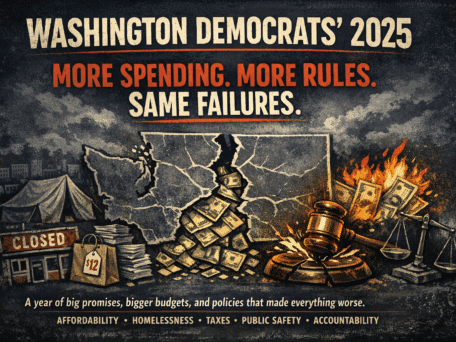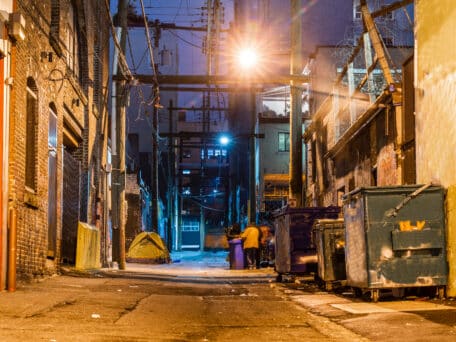Jay Inslee appears to have discovered a newfound appreciation for our state’s transportation needs—or, at least, a recent fundraising appeal would have his supporters believe that he cares about this important issue. Inslee’s fundraising letter reads,
In a state like Washington — a state connected to the world by the ocean, the interstate, and the air — our roads, bridges, ferries, airports, and rails make up a vital system that feeds our economy and prepares us for the future.
For these reasons, the letter continues, “We can’t let investments in this infrastructure — infrastructure that creates jobs and keeps our families safe — be derailed by another political showdown.” It continues, “Our state’s transportation infrastructure is long overdue for repairs and upgrades. But when the last legislative session ended, so did our hopes for a comprehensive transportation plan to be passed in 2014.”
Inslee’s letter implies Republicans are to blame for the failure to pass a comprehensive transportation package last session—a claim he made in the past. But, who really dashed Washington State’s transportation hopes? An investigation into the matter reveals Inslee and Democrats’ efforts to sabotage any chance for a transportation package.
The Senate Majority Coalition Caucus did, in fact, present a transportation bill during the 2014 legislative session. Senate Democrats—led by Sen. Tracey Eide who was co-chair of the Transportation Committee—and Gov. Jay Inslee killed the bill for purely political purposes. The transportation package included necessary reforms that would work to restore public trust in the Washington State Department of Transportation (WSDOT) by improving accountability and transparency. Though WSDOT has a long history for wasting taxpayer dollars, Democrats refused to accept, or even compromise, on the reforms.
Eide actually admitted to preventing the transportation bill from coming to a vote because she needed “leverage” for her own package, which involved raising taxes to fund new road, transit and pedestrian projects without any WSDOT reforms. She publically announced, “I get a package, [then] we’ll hear reforms. … It’s the only leverage I have.”
Inslee, for his part, decided he would sabotage any chance for a transportation package in two ways. First, Inslee decided to play extreme partisan politics and violated a confidentiality agreement between his office and transportation negotiators from the Legislature. Leaking inaccurate details from the confidential talks, Inslee managed to torpedo transportation compromises one year in the making.
Second, Inslee refused to give lawmakers the peace of mind by promising he would not jam his fuel mandate through by executive order. Inslee’s refusal hurt chances to pass a comprehensive transportation package. The fact that Inslee went on to sign a pact with Oregon, California and British Columbia pledging to enact low-carbon fuel standards, together with a cap-and-trade policy, without the approval of the Legislature only worked to further legislators’ distrust.
If Inslee truly wants to work with the Legislature to pass a comprehensive transportation package during the 2015 legislative cycle, he would take the possibility of forcing his fuel mandate via executive order off the table. Unfortunately, he refuses to do that. Maybe that type of leadership is bad for his fundraising.




